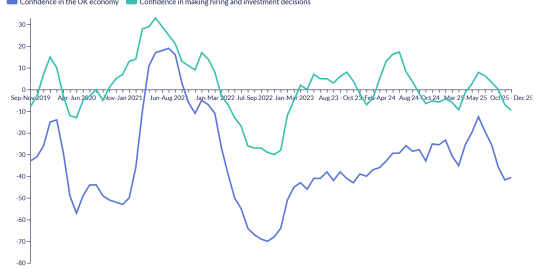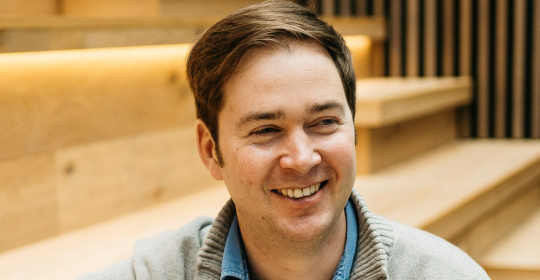As the number of unemployed 2009 graduates is likely to hit 30,000 six months after graduating, the Higher Education Careers Services Unit (HECSU) reveals almost two-thirds (63%) didnít visit their university careers service at all, and less than half attended organised events, despite the importance of career planning in the early stages of university.
HECSUís Futuretrack is a major longitudinal study that surveyed 49,555 students* as they were finishing their first year or starting their second year in higher education. Undertaken by the Institute for Employment Research at the University of Warwick, it also revealed that friends and family were a popular source of careers information for all students, with 42% seeking guidance from this group.
As far as plans for further study were concerned, fewer than a third of degree students did not plan any further training or education after completion of their course expecting instead to go straight into employment on graduation. The study also found that students on a vocational course were more likely to state their experience had reinforced their career plans than those studying general discipline-based academic subjects.
The full report will be published in November, but early findings also provide new students and their families with some insight into what life as a first year at university will be like:
First generation to enter university: 48% of students are from families where parents do not have degrees
Our tutors are greatÖmostly! 80% agreed their tuition learning, and support was excellent
Some students are surprised about their workload: 53% cited the amount of work as excessive
Students favour home comforts: 57% lived in university student accommodation and over a quarter (31%) at home
Four days study a week: average student workload was 15 hours a week spent in class-room-based or other formal teaching sessions and 13 hours on non-timetabled coursework
Hard work for architecture, building and planning students: over 55% found the work for those degrees harder than expected (just ahead of medicine and law, both 52%)
Jane Artess, director of research at HECSU commissioned the research. She says: ìStudents usually have a pretty rosy outlook when starting university, with their initial focus on making friends, social activities and generally having fun. Weíve surveyed them as they reach the end of their first year to provide insight into their actual experiences; painting a more accurate and rounded picture of university life. Itís concerning to hear that despite the importance of early career planning being extensively reported and the wide availability of resources, the majority of students lack a long-term perspective. We can now see those same students entering the workplace; immensely underprepared for a job hunt during a recession.î
Professor Kate Purcell from the Institute for Employment Research at the University of Warwick said: ìThe study found those who had entered university with clear career objectives were sometimes less clear about the detail of how they might develop their careers. Those who had progressed to university as ëthe normal thing to doí without a great deal of thought about future employment were most likely to say their views on their future careers were no clearer. The fact is, despite the efforts made by higher education institutions to encourage students to consider options and explore sources of information and guidance from the outset of their studies, the majority had made little effort to investigate the resources available to them. ì
HECSUís Futuretrack survey is the largest study tracking the career development of higher education students, yet undertaken in the UK. In 2006 every full-time UCAS applicant was invited to take part in the Futuretrack census. Responses were received from nearly 130,000 applicants, including EU and overseas applicants and researchers are continuing to track the cohort through to 2011/12.
The full report featuring the results from the second wave is due to launch in November 2009. For further information on HECSU visit www.hecsu.ac.uk
2009 graduates lacked forethought in career planning

Almost two-thirds didnít visit their careers service in their first year




